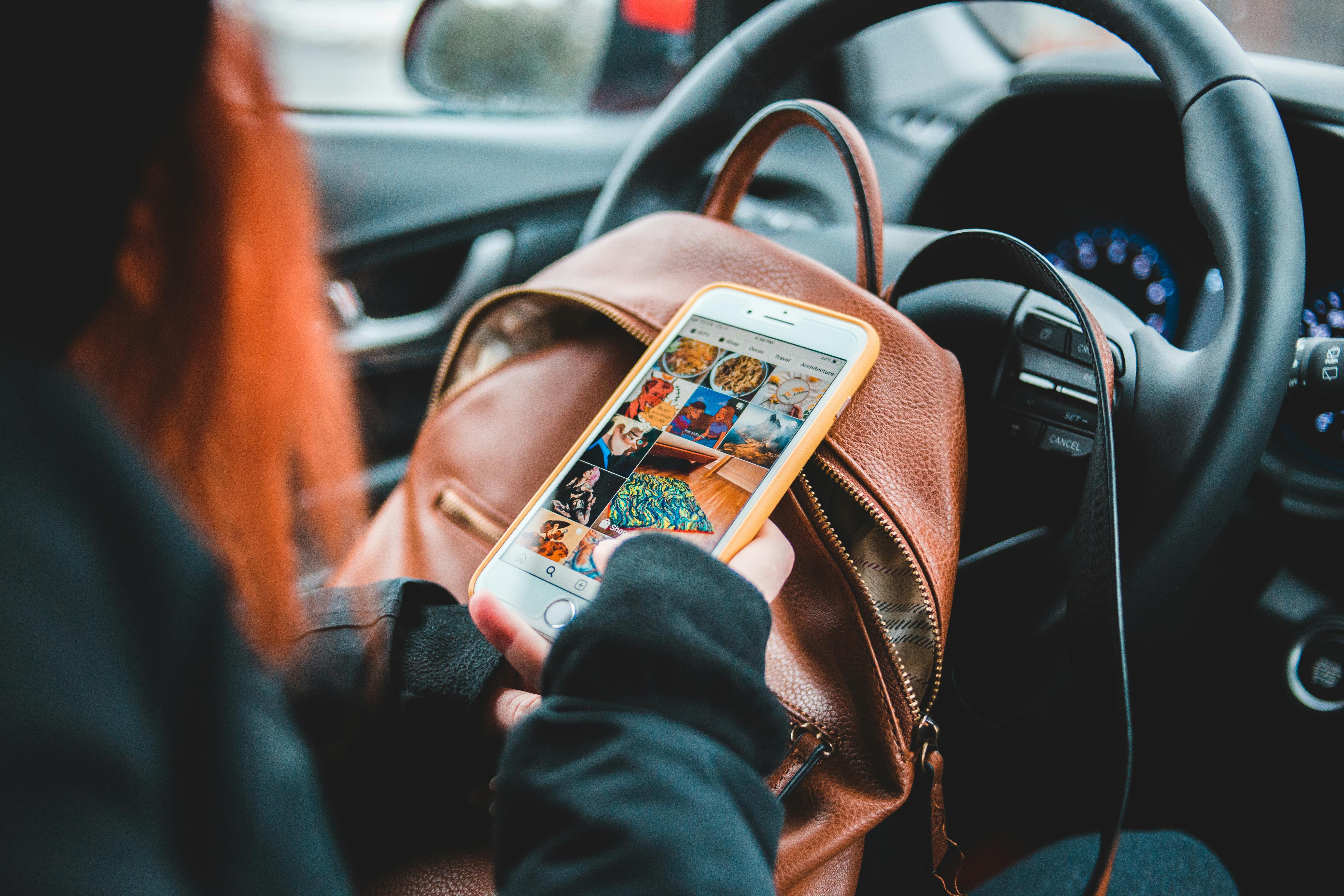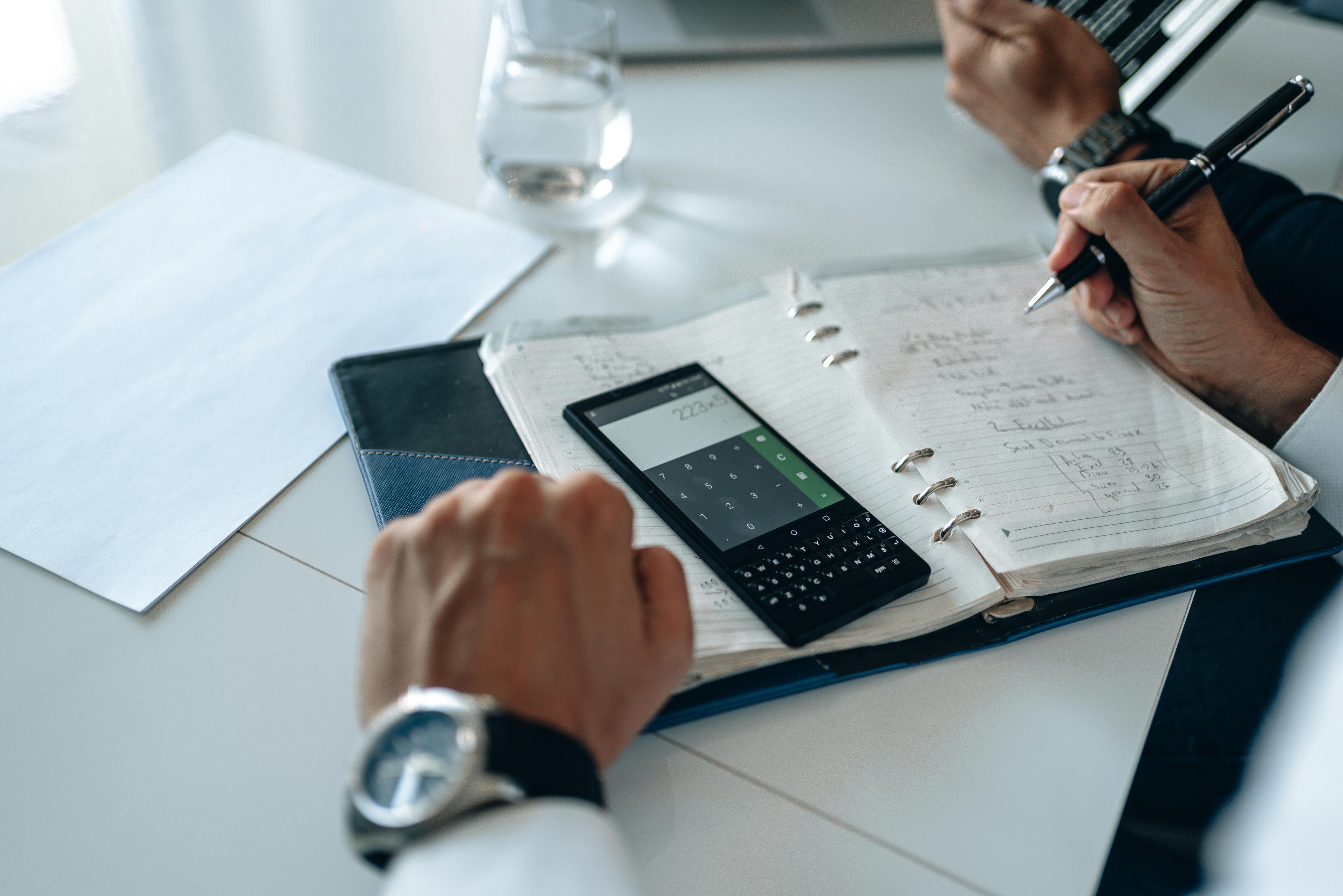As I sit at home in self-isolation, I reflect on the economic health of our country for the coming months and beyond. Seeing people mobilize to fight an invisible coronavirus is certainly inspiring. We all know that controlling individual behavior will go a long way in slowing down and eventually stopping the spread of this terrifying pandemic.
Yet why is it enough to cancel big events, not gather in large groups, work from home, and maintain six feet of separation between people? I’m afraid by closing businesses including restaurants, bars, malls, gyms. movie theaters, travel companies and more that we are headed for unprecedented economic hardship.
Right now, a couple thousand people have died in the US, which is sad and painful, especially for their families and loved ones. However, if we stay on this course of stopping corporate trade, millions upon thousands of people will die from the dire economic consequences that may await.
When the unemployment rate rises one percent, close to 40,000 deaths may follow according to Bluestone and all in The causes and consequences of economic dislocation, which is often summarized in economics textbooks and cited in the popular movie The Big Short. A further breakdown of the numbers includes: 20,000 heart attacks, 920 suicides, and 650 homicides.
A three percent increase in unemployment could lead to more than 100,000 deaths, significantly dwarfing the several hundred coronavirus deaths that are directly related to the pandemic. I think this scenario shows that we need to maintain social distancing practices while also keeping our retail businesses open. If certain people, such as the elderly and those with pre-existing health conditions, wish to self-isolate, they can take the necessary steps.
The remaining 80% to 90% of the population needs to learn to accept and live with the risk of this pandemic in order to maintain our quality of life. We can alter our individual behavior, practice good hygiene, show compassion for those who get sick, mobilize financial and human resources to fight the pandemic, and do so without stopping our business, personal, and consumer lives.
Compassion should also be extended to the small business owner, who has the working capital to operate for only a short period of time without modest sales. His entire allocation of finances can be invested in the business, including the ability to support his employees and family members. Also, they may be at an age where there isn’t enough time to recover from a business or personal bankruptcy. Shouldn’t we accept a reasonable amount of risk to give this entrepreneur a chance to keep his business afloat?
Another overlooked aspect of this pandemic is the uneven geographic distribution of the virus. Four states, including New York, New Jersey, Washington and California, contain 64% of the cases. Breaking it down further, the majority of people with the disease in these states live in New York City, Seattle, and the CA Bay Area.
Although the virus has reached all 50 states, why should West Virginia with eight cases and South Dakota with 50 cases and one death suffer negative economic consequences when their number of cases is extremely small? West Virginia is already in a difficult situation due to the loss of manufacturing and coal in their state.
In today’s world, there is risk all around us with crime, car accidents, natural disasters and more. We do not stop living due to tragic circumstances that inevitably find their way into our lives. Instead, we face tragedy head-on and know in our guts that we must always find a way to persevere. The ultimate risk is not taking one and right now we are on extremely risky ground.

